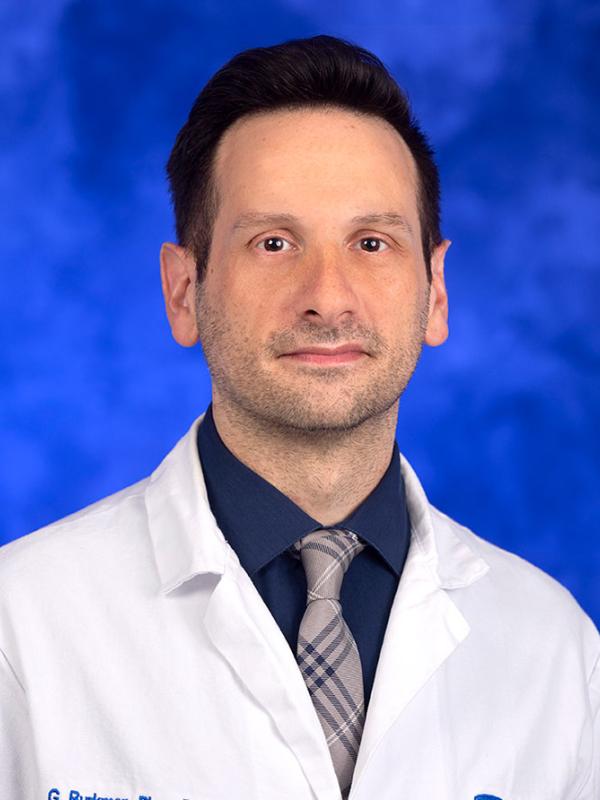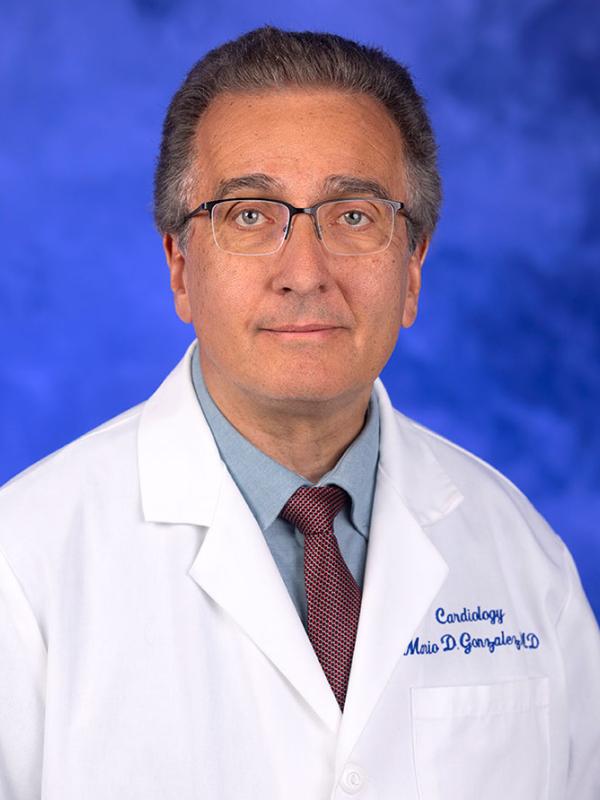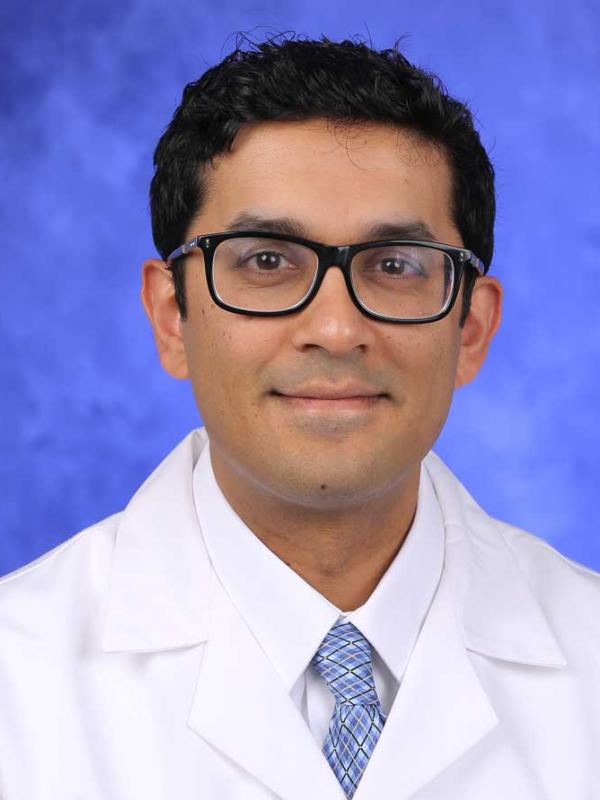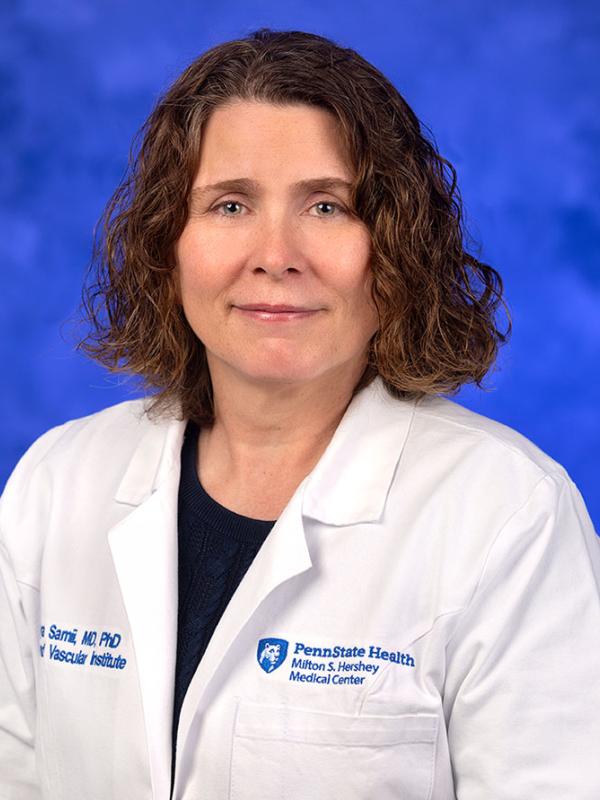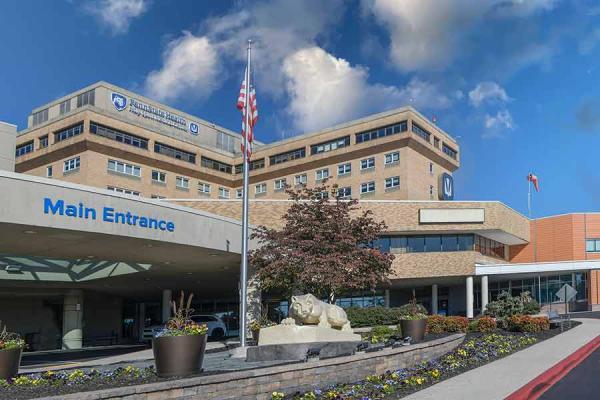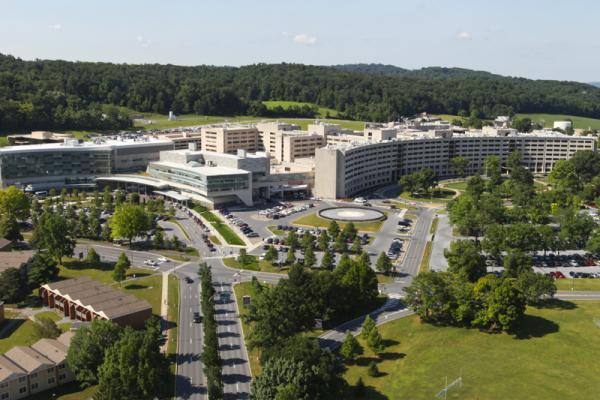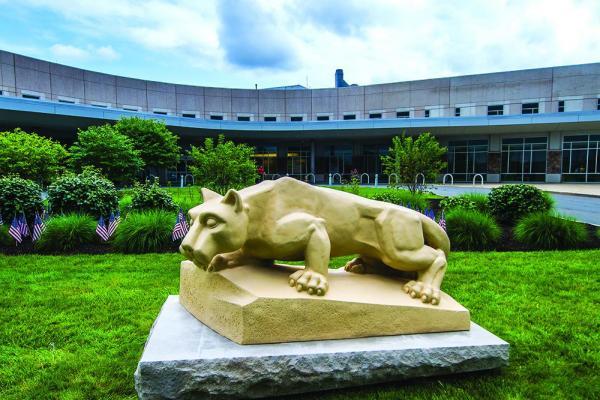Pulsed Field Ablation for atrial fibrillation
Penn State Health Heart and Vascular offers the FARAPULSE™ Pulsed Field Ablation (PFA) System from Boston Scientific to treat paroxysmal atrial fibrillation, an irregular heartbeat that can come and go or occur in sudden episodes. It is also known as intermittent AFib.
Did you know?
- More than six million Americans experience AFib.
- AFib occurs when the top two chambers of the heart, the atria, beat too fast and with an irregular rhythm, called fibrillation.
What is Pulsed Field Ablation?
Until now, AFib has been treated with a procedure called thermal ablation. It uses extreme temperatures, either hot or cold, to burn or freeze the areas in the heart causing abnormal heart rhythms.
FARAPULSE™ Pulsed Field Ablation uses ultra-fast electrical impulses to target heart tissue and break up the electrical signals that cause irregular heartbeats without heat or cold. This very focused, safe approach destroys only the heart cells that cause arrhythmia, avoiding possible damage to the esophagus, nerves and healthy tissue.
Who might be a candidate for Pulsed Field Ablation?
The FARAPULSE™ Pulsed Field Ablation procedure is for adult patients ages 18 or older with recurrent, symptomatic AFib.
Your doctor will take a thorough look at your health history and let you know if you have any conditions that would not make you a good candidate for this treatment.
Pulsed field ablation is changing lives. Read real patient stories about their positive outcomes. Hear more from one of our doctors.
What can I expect during the procedure?
You will be under anesthesia for this procedure. Here’s how it works:
- Your doctor inserts a thin, flexible tube called a catheter through the groin, up through a vein leading to the heart and into the heart’s top left chamber.
- At first, the catheter looks like a rounded “basket” shape, which your doctor settles into a precise position at the pulmonary vein.
- After applying short bursts of energy, your doctor pulls the catheter back to flatten the basket, creating a unique, looping flower shape.
- The flexible “petals” of that flower are then placed against the entrance of the pulmonary vein for a few final beams of energy to finish the procedure.
Heart and Vascular expertise at Penn State Health
Patients with chronic heart rhythm problems like AFib receive the most advanced treatments at Penn State Health. Electrophysiology labs equipped with state-of-the-art technology like FARAPULSE™ help our doctors restore normal heart rhythms and improve quality of life. The latest techniques combined with our compassionate staff and healing environment ensure every patient receives the best care possible, without having to go far to find it.
Our experts in AFib care
Our convenient locations
Penn State Health delivers expert heart and vascular care at convenient locations throughout central Pennsylvania. Ask your cardiologist for a referral to see a Penn State Health Pulsed Field Ablation specialist at one of the following locations:
Camp Hill
Penn State Health Camp Hill Outpatient Center Cardiology and Cardiothoracic Surgery
875 Poplar Church Road, Suite 400
Camp Hill, PA 17011
Penn State Health Medical Group - Camp Hill Specialties
3025 Market St., Entrance A
Camp Hill, PA 17011
Carlisle
Penn State Health Carlisle Outpatient Center Cardiovascular and Vascular
1211 Forge Road, Suite 200, Building A
Carlisle, PA 17013
Harrisburg
Penn State Health Progress Outpatient Center Cardiology
20 Capital Drive, 1st Floor
Harrisburg, PA 17110
Penn State Health Medical Group - Nyes Road Heart and Vascular Institute
121 N. Nyes Road, Suite E
Harrisburg, PA 17112
Hershey
Penn State Heart and Vascular Institute - IO Silver Clinic
200 Campus Drive
Entrance 2, Suite 600
Hershey, PA 17033
Lancaster
Penn State Health Lime Spring Outpatient Center
2221 Noll Drive
First Floor, Suite E100
Lancaster, PA 17603
Palmyra
Penn State Health Medical Group - Palmyra
941 Park Drive
Palmyra, PA 17078
State College
Penn State Health Medical Group - Benner Pike
303 Benner Pike, Suite 1
State College, PA 16801
Wyomissing
Penn State Health Medical Group - Berks Cardiology
2605 Keiser Blvd., Lower Level
Wyomissing, PA 19610
FARAPULSE™ Pulsed Field Ablation is currently provided at:




